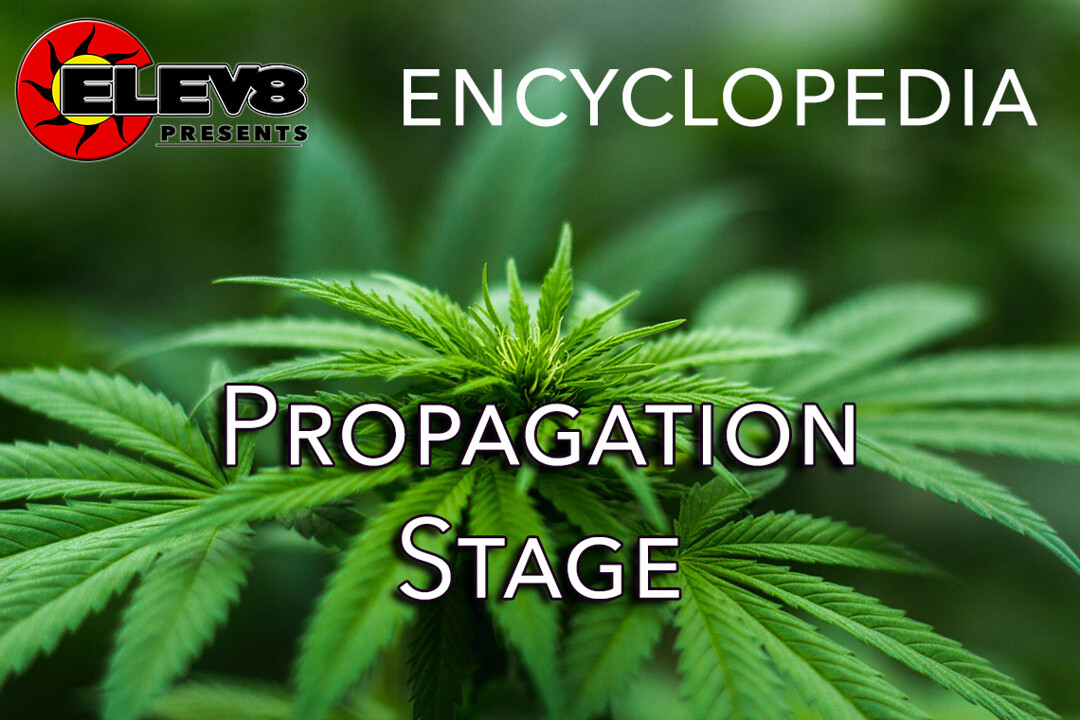What does Propagation Stage mean?
The propagation stage of a plant refers to the point in a plant’s maturation when it is able to be intentionally reproduced usually by way of some method of cuttings, and still be a viable plant able to reproduce on its own.
The propagation stage may also refer to the point when a plant is able to produce viable seeds on its own that are meant to then be cultivated and nurtured to produce viable plants.
More on Propagation Stage
Propagation of plants is generally done to create multiple plants from a single, healthy plant or may be done to try and rejuvenate an individual plant that is getting older and less productive. It is widely performed in commercial settings such as greenhouses but is done with some frequency by hobbyists and home growers as well.
Most plants are propagated vegetatively, meaning that a portion of the mature plant is collected to create a new plant. This is typically done when a plant has reached the stage of maturity and is capable of producing flowers. It is generally done by taking stem cuttings, leaf cuttings, or by way of layering where roots are encourage to grow on a portion of the plant intended to be cut, but are done when it is still attached to the mother plant.
Because the cuttings will grow to have the same genetics as the parent plant, the new plants are referred to as clones. Therefore, taking cuttings from a plant that’s in the propagation stage is commonly referred to as cloning.







